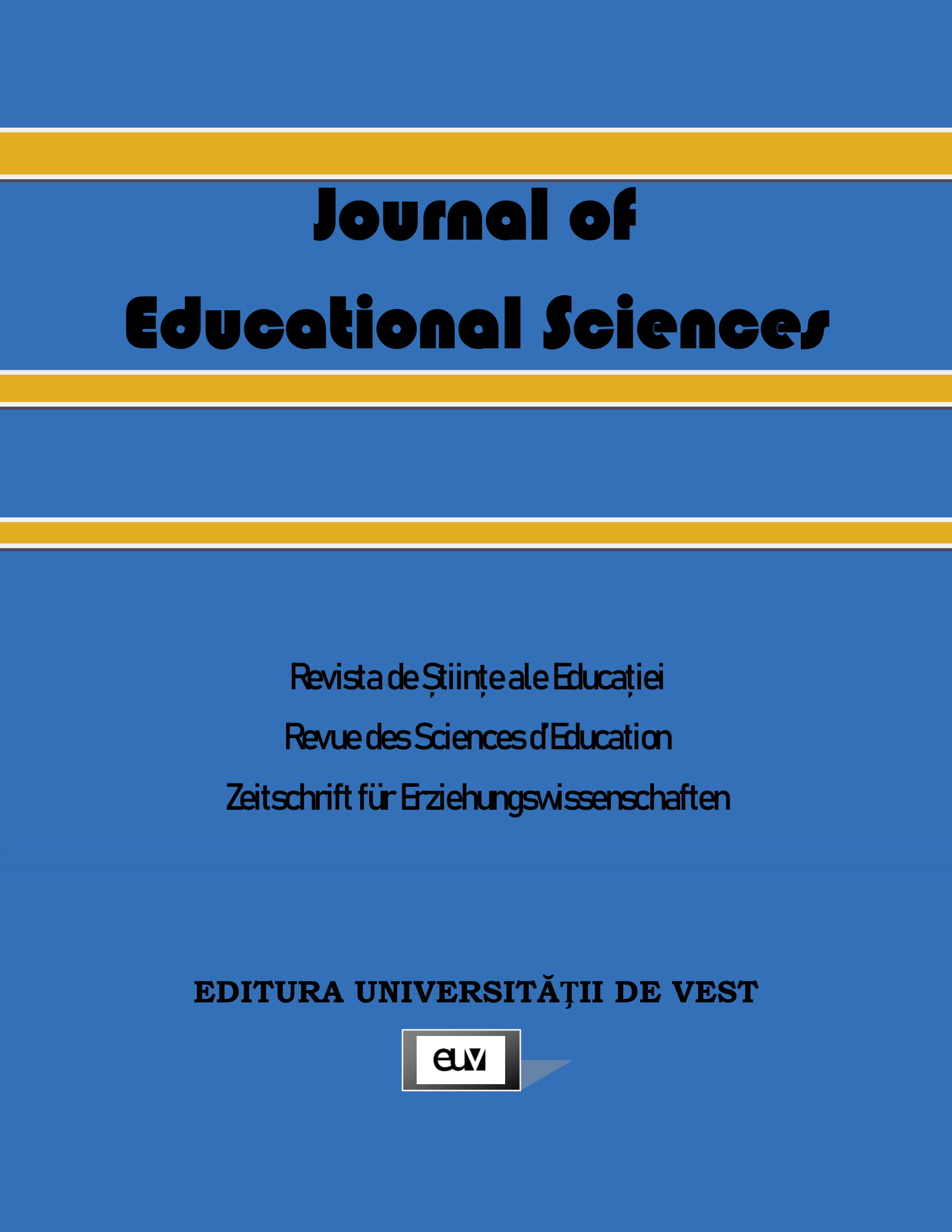Adult Learning and Education From Perspective of Sustainable Development: Concept, Methodology, Reflections
Adult Learning and Education From Perspective of Sustainable Development: Concept, Methodology, Reflections
Author(s): Carolina ȚurcanuSubject(s): Adult Education
Published by: Editura Universității de Vest
Keywords: Adults; adult learning and education; sustainable development; sustainable competences; andragogy;
Summary/Abstract: Sustainable development has become an increasingly important topic in recent years as the world has become more aware of the need to protect the present and the future. Sustainable development is concerned with the improvement of life quality for all. Sustainable development is development that meets the needs of the present without denying the needs of future generations. In general, sustainable development means meeting human needs. The emphasis in the given article is on adult learning and education from the perspective of sustainability in different contexts: formal, non-formal, informal; the eight key competences for sustainability are defined, namely: systematic thinking competence; anticipatory competence; normative competence; strategic competence; collaborative competence; critical thinking competence; self-awareness competence; integrated problem-solving competence and the essence of these sustainability competences is explained. At the same time, some methodological guidelines for the training/development of sustainable competences for adults are proposed. The andragogic model of adult learning and education from the perspective of sustainability is presented schematically and clarified in detail, it focuses on three dominant principles: the principle of centering on the learner; the principle of centering on action and active learning; the principle of construction/reconstruction. Also important are the results of the adults’ survey regarding their perception of sustainability, which led to the formulation of relevant conclusions: formal, non-formal and informal education have a determining role in sustainable development, because it is precisely within these forms of education that people can develop the necessary competences for to be part of the sustainable development of humanity, and qualitative adult learning and education must include in itself the purpose, relevance and values of sustainability.
Journal: Revista de Științe ale Educației
- Issue Year: 48/2023
- Issue No: 2
- Page Range: 19-31
- Page Count: 13
- Language: English

